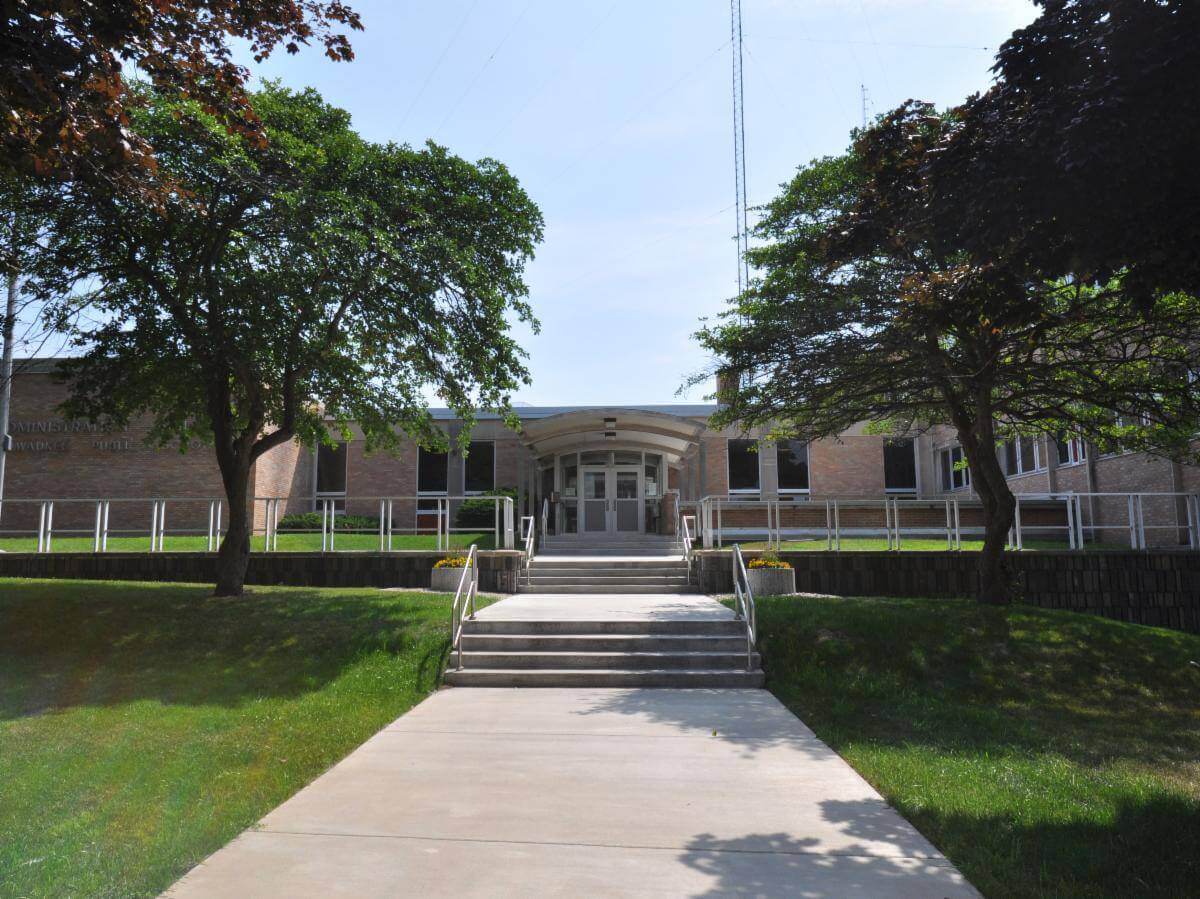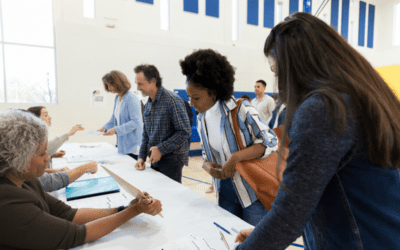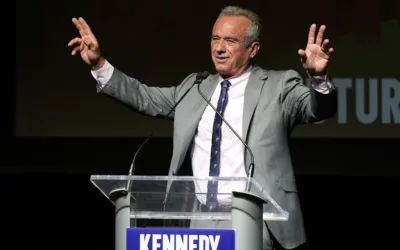
#image_title
The complaint says a small experimental program in Milwaukee in the 1990s has been “transformed by our Legislature into a large and growing cancer” on public education.
If successful, a recently-filed lawsuit will become a landmark event in the fight to protect public education in Wisconsin from the proliferation of school voucher programs that have been siphoning away tax dollars at an increasingly rapid pace.
“What started out as a small experimental program in Milwaukee in the 1990s has been transformed by our Legislature into a large and growing cancer on Wisconsin’s public schools,” reads the complaint from the plaintiffs in Underwood v. Vos, filed last week directly with the state Supreme Court.
Lead plaintiff Julie Underwood, former dean of the UW-Madison School of Education, told UpNorthNews Radio the legal issue is whether taxpayers should be forced to fund two parallel school systems when the Wisconsin Constitution is clear about how the state must fund education.
“It says to create a system of public schools,” Underwood said. “It doesn’t say anything about creating two parallel school systems and sucking the money out of the public school system and providing it to the private school system, which is what is happening.”
Wisconsin was an early adopter of state-funded education vouchers, beginning with the Milwaukee Parental Choice Program in 1989 that included 350 students at seven schools. In the early years of the program, schools had to be non-sectarian, enrollment was limited, and there was an income cap to ensure vouchers were used by families who otherwise could not afford private school tuition. Those factors helped it fend off legal challenges.
But 34 years later, the voucher concept is far from experimental. There are three voucher programs that stretch across the entire state, with 52,000 students attending more than 300 private—mostly religious—schools that received $444 million from taxpayers in the last school year.
Critics of school vouchers have fought against their expansion for years, but have been blocked for more than a decade due to conservative control of the Legislature, Scott Walker’s time in the governor’s office, , and a conservative-controlled state Supreme Court—until this year’s election of Justice Janet Protasiewicz gave progressives the majority.
That flip has already led to challenges of electoral district maps and abortion-related statutes. A challenge to vouchers was expected to follow, especially once the cause was joined by a company up north serving beer and liberal politics.
Minocqua Brewing Company’s SuperPAC, founded by Kirk Bangstad, has been soliciting contributions since Protasiewicz’ election, promising to assemble a legal team that could challenge the voucher programs. Not only does the lawsuit take on the voucher system, it also seeks to undo spending limits on public school districts imposed and repeatedly tightened by Republican-controlled legislatures.
“Our wildly-gerrymandered Republican legislature, through this revenue limit legislation, has been forcing local school districts to constantly beg taxpayers for money instead of doing what they are required to do by our state constitution, which is to ensure that every Wisconsin kid can attend an adequately funded public school,” Bangstad wrote to his supporters this week.”
Education advocates say the court can impose a simple solution to the complex funding formula currently in use: The elimination of vouchers and revenue caps, they say, would leave Wisconsin with sufficient funds to support public schools.
“Ending these unaccountable programs puts us on a path to fairness all of our kids deserve,” said Heather DuBois Bourenane of the Wisconsin Public Education Network. “We know this state can afford to fully and fairly fund its public schools but [legislators] choose not to.”
There remains no evidence that private schools that take vouchers have better student performance than Wisconsin’s public schools, but an apples-to-apples comparison is made more difficult because private schools don’t have the same core educational standards, reporting standards, transparency, or obligation to provide special needs students with basic services.
Support Our Cause
Thank you for taking the time to read our work. Before you go, we hope you'll consider supporting our values-driven journalism, which has always strived to make clear what's really at stake for Wisconsinites and our future.
Since day one, our goal here at UpNorthNews has always been to empower people across the state with fact-based news and information. We believe that when people are armed with knowledge about what's happening in their local, state, and federal governments—including who is working on their behalf and who is actively trying to block efforts aimed at improving the daily lives of Wisconsin families—they will be inspired to become civically engaged.


This billionaire’s PAC is spreading a big lie about Tammy Baldwin, Medicare, and taxpayer savings
Restoration PAC, funded by Uline’s Richard Uihlein, twists the significance of forcing Big Pharma to negotiate for lower bulk pricing on Medicare...

New Biden rules deliver automatic cash refunds for canceled flights, ban surprise fees
In the aftermath of a canceled or delayed flight, there’s nothing less appealing than spending hours on the phone waiting to speak with an airline...

Opinion: It’s time for Congress to fight for small businesses instead of big corporations
May is National Small Business Month. Our elected leaders need to show leadership all year long. For the past 27 years I’ve been fortunate to pursue...

Biden makes 4 million more workers eligible for overtime pay
The Biden administration announced a new rule Tuesday to expand overtime pay for around 4 million lower-paid salaried employees nationwide. The...





